The importance of companionship for rabbits and the benefits of neutering
The importance of companionship for rabbits and the benefits of neutering
Although they can look quite different to their wild counterparts, our pet rabbits are in fact, the same species and behaviourally almost identical. This means that what is important to wild rabbits, is just as important to pet rabbits and this includes the need for companionship of their own kind.
Like many ‘prey’ animals, rabbits have evolved to live in groups for safety – having more ears, eyes and noses around to detect danger improves your chance of survival and helps everyone feel just that little bit safer. Of course, we know our pet rabbits don’t have to avoid danger in the same way as wild rabbits, but they still have a strong desire to keep away from things that frighten them and will feel safer if they have friends.
But what about us, the people who care for them? Are we able to help a rabbit feel safe and meet their social needs? For the occasional rabbit that really cannot live with other rabbits (which is extremely rare!), spending time with the people they live with is extremely important. Lots of rabbits enjoy this – but the reality is that we don’t speak the same ‘language’ or share the same interests. Rabbits are also instinctively ‘crepuscular’, which means they are most active during dawn and dusk, and active during certain periods of the night – put simply, we cannot offer them what they really need, at the times when they need it.
Importance of companionship
According to the 2023 PDSA PAW Report, 42% of rabbits are currently living alone. Although the exact reasons for this aren’t clear, it’s common for owners to feel that their single rabbit is ‘happy enough’ – after all, they don’t behave as if they are sad or depressed. It can be hard for us to tell how a rabbit is feeling compared to other social animals like dogs who tend to be very expressive, particularly when lonely. Rabbits are quiet animals in comparison, but there’s a good reason for this – their behaviours are naturally very subtle to avoid detection by predators.
But studies show that rabbits value companionship of their own kind as much as food and rabbits who live together show fewer problem behaviours such as bar biting.
It’s also easy to see with our own eyes the positive impact that living together has to offer – rabbits will get the opportunity to engage in a variety of social behaviours, such as eating, grooming and resting with each other. They’ll also explore their environment more confidently as there’s more than one to keep an eye out for danger.
Meeting their social needs is not too difficult, but there are a few things to consider first, specifically neutering, and how to introduce them to each other.
Benefits of neutering
As well as the clear health benefits and reducing the number of unwanted pregnancies, neutering is essential for harmonious living – even rabbits of the same sex who have grown up together are very likely to fall out if not neutered. Once sexual maturity arrives, fights can be serious. Neutering prior to this can prevent permanent fall outs.
When unneutered sisters Swede and Pepper arrived at our Hertfordshire rehoming centre, it was clear they were not getting on. We separated them straight away and once neutered they were rehomed to live with single-neutered males – opposite sexes work best when introducing unfamiliar rabbits. After careful introductions, both new pairs are getting on exceptionally well. The picture below shows Swede (white) and her new friend Bruno – it didn’t take them very long to become the best of friends.

As rabbits are incredibly territorial even when neutered, it’s important to introduce rabbits who haven’t grown up together very carefully – take a look at the Blue Cross website for more information on the pairings and groups that work best, as well ‘bonding’ advice: https://www.bluecross.org.uk/advice/rabbit/bonding-and-companionship-for-rabbits
It’s rarely too late to find a friend for your rabbit, even if they are older and have always lived alone. Shy 7-year-old Snowball found companionship in 2-year-old Hobnob after having lived by herself for most of her life. After a vet check and a successful neuter operation, the new pair were carefully introduced.
Snowball and Hobnob quickly became inseparable, and her confidence grew very quickly. She had previously been foot thumping very loudly at night, but once she moved in with Hobnob, the thumping reduced as she clearly felt much safer with her new friend.

If you have a single rabbit, please consider getting them a friend to share their life with. Rabbits can live up to 10 years old, and sometimes longer – that’s a long time to spend alone when you have evolved to live with your own kind. Rescues are currently bursting with rabbits, including many ‘singles’ waiting for a buddy. If your rabbit isn’t neutered already, talk to your vet about the procedure – the benefits are huge. Once you see how happy and content rabbits are together, you’ll never look back.
Claire Stallard is an animal behaviourist with animal welfare charity Blue Cross https://www.bluecross.org.uk/rehome/rabbit
Link to Blue Cross rehoming pages:
Written by Blue Cross

